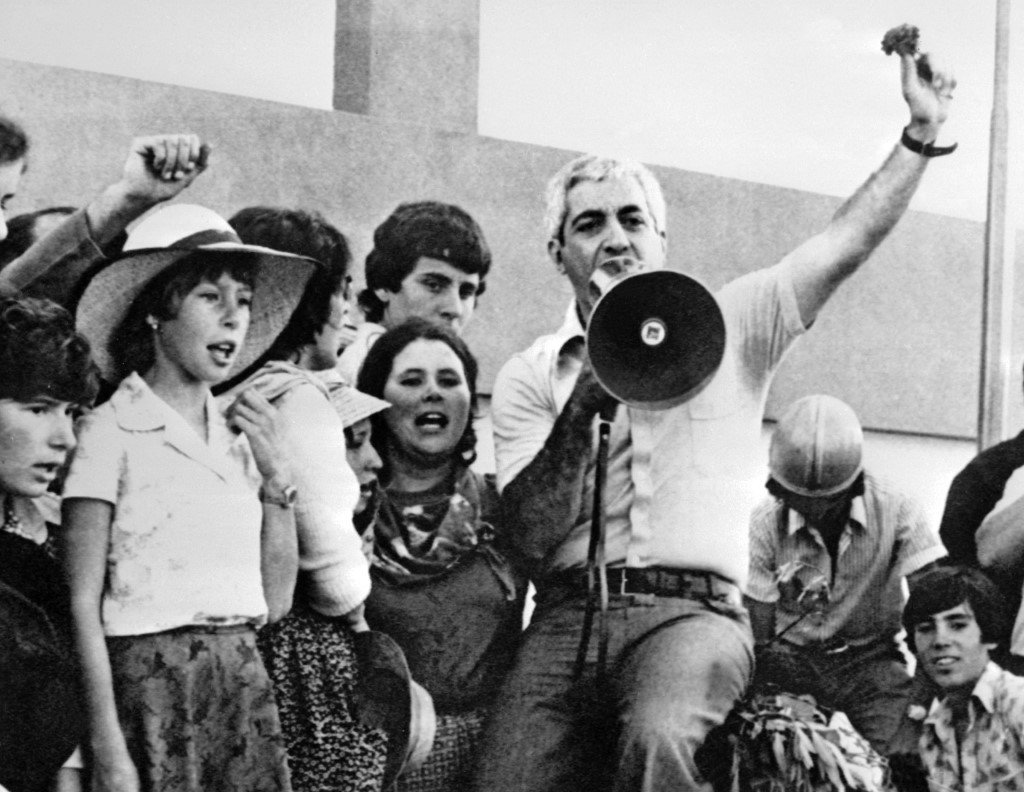Popular Reads
Top Results
Can't find what you're looking for?
View all search resultsPopular Reads
Top Results
Can't find what you're looking for?
View all search results'Otelo', architect of Portugal's 1974 revolution, dies aged 84
Change text size
Gift Premium Articles
to Anyone
O
telo Saraiva de Carvalho, architect of the so-called Carnation Revolution that ended more than four decades of dictatorship in Portugal, died Sunday aged 84, the April Captains group announced.
Known in Portugal simply as Otelo, he died at Lisbon's military hospital, spokesman for the group behind the April 1974 revolution, Colonel Vasco Lourenco, told national media.
The high-profile but controversial figure played a key role in the bloodless coup that brought sweeping social, economic and political changes to Portugal.
The so-called Carnation Revolution played out in the early hours of April 25, 1974, ending a dictatorship that had lasted from 1926 under Antonio de Oliveira Salazar and from 1968 under Marcelo Caetano.
"He rightfully became one of the symbols of the revolution that ended the longest dictatorship of the 20th century in Europe, opening the way to democracy," the office of Prime Minister Antonio Costa said in a statement.
His "strategic and operational capacity (and) his commitment and generosity were decisive" in the movement's success, the statement said.
Otelo was born in Mozambique, then a Portuguese colony, in 1936.
He began his military career in the early 1960s at a time when Portugal was engaged in colonial wars.
After the revolution, Otelo sought to cash in on his military reputation, mounting two failed bids for the presidency.
But the non-conformist wound up in the dock for his alleged involvement in the far-left FP-25 movement blamed for several deadly attacks in the 1980s.
He was sentenced in 1987 to 15 years in prison, then pardoned in 1996.
Reacting to Otelo's death, the Portuguese communist party said he should be remembered especially for his role in the 1974 uprising and "not for his political career".
The far-right Chega party, for its part, said he played "a perverse and destructive role in the period following April 25".
Defence Minister Joao Gomes Cravinho paid tribute to him for "his role in the conquest of freedom".
President Marcelo Rebelo de Sousa noted that Otelo "arouses deep divisions within Portuguese society" while having been "a leading protagonist in a decisive moment in contemporary Portuguese history".
But the conservative head of state added on the presidency's website that it was "too early for history to judge him with the necessary hindsight".











